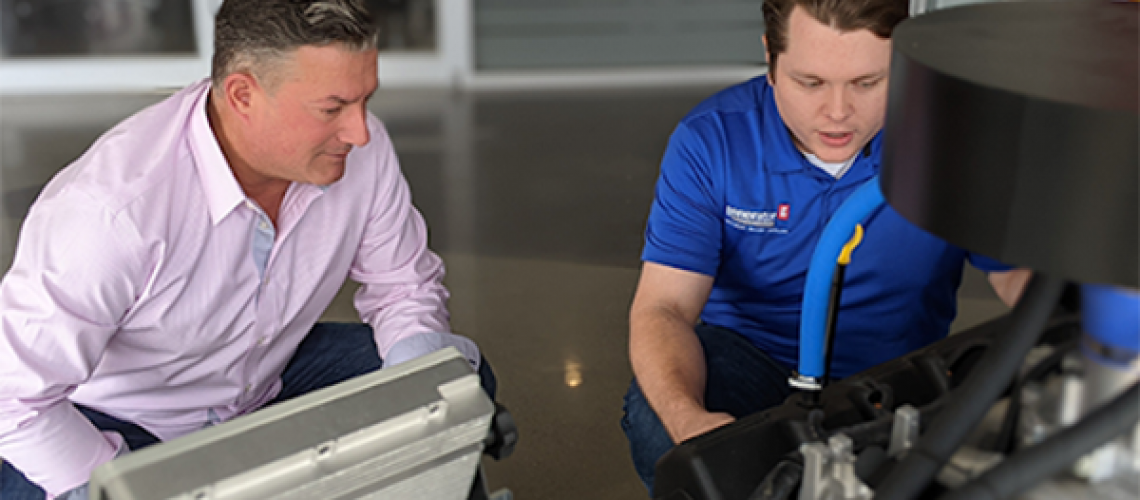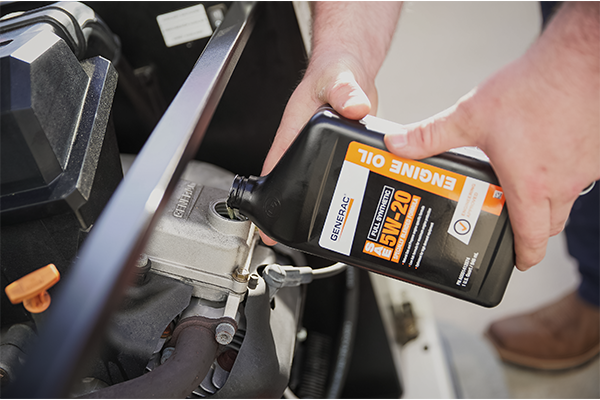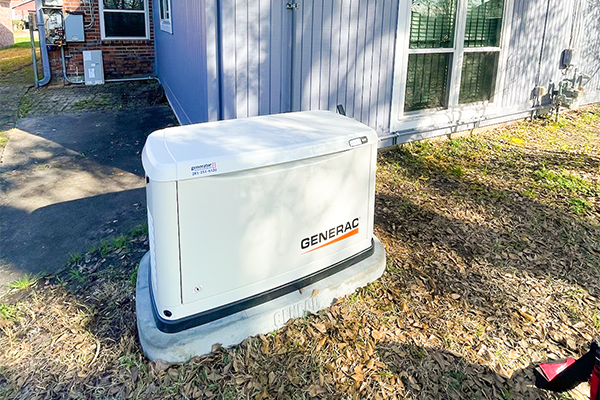It is impossible to forecast when the power will go out in your home. While violent storms are the most prevalent cause of a power outage, there are numerous other causes, including animals shorting out a circuit, excavations, car accidents, or just heavy demand. When the power goes out at any time, most homeowners want to ensure that there will be backup power to keep things operating until the problem is resolved. Backup generators are an excellent solution to this issue.
What To Look For When Buying a Standby Generator
Power generators are classified into three types: standby, portable, and inverter. In today’s piece, we’ll look at what homeowners should think about when buying a backup or automatic generator.
Location
Generators that can power an entire home or a portion of it are typically installed outside the house, ideally near the electric and gas hookups that supply your home. Because the generator will most likely be situated near electrical hookups, if there is a natural gas connection, pipes running from the connection to the generator may be required.
A level location for the generator to sit on will also be required, which may need adjustments to existing landscaping. The generator will also need to be serviced regularly, therefore it must be conveniently accessible.
Noise Levels
Backup power generators are quite quiet, but how much noise they make depends on how effectively they operate, what barriers surround the generator, and what type of enclosures they have. Most residential generators include sound insulating materials, but if you are worried about noise, try adding a fence or bushes around the unit. Just keep in mind how close the shrubbery is to the apartment.
Availability
Portable generators should only be used when the homeowner is there, as it may be dangerous to start a portable generator and then leave the house while it is running. Whole-house emergency standby generators protect your home 24 hours a day, seven days a week, even when you’re sleeping or gone! Many backup generator owners have returned home to a chilly building in the middle of summer, functional refrigerators that keep their food frozen, and an open garage door – all after being gone for hours or days!
The Capacity
Residential generators come in a variety of sizes, but the most typical are 14 and 20 kWh (kilowatt-hours). When determining the size of a generator, tally up the wattage for each appliance that you wish to keep operating while the electricity is off. If your refrigerator is 1,000 watts, your furnace is 700 watts, and your sump pump is 1,200 watts, you’ll need a generator with at least 3,000 watts.
Physical Size
Although today’s generators are relatively tiny, they can still take up a significant amount of lawn space and aren’t usually the most aesthetically pleasing addition to your landscaping. When looking for a generator and determining where to put it, keep in mind that it may utilize some space near walkways. There should also be some space surrounding the unit itself.
Fuel
Generators are commonly powered by natural gas, propane, or diesel. Natural gas is frequently the most convenient option, but it may only make sense if you already use it for your stove. If you’re going to use propane, you should have a propane-powered generator. Diesel generators are often larger and used in larger houses or commercial facilities.
Installation
Installing a generator is dependent on the type and fuel used. Standby generators will need to be installed by an expert and may take up to two days to finish. The intricacy of the location, the size of the device, and other variables may lengthen the installation time.
Maintenance
While no two units are identical, standby generators, in general, are incredibly low-maintenance pieces of equipment. A skilled electrician should perform at least one preventative maintenance visit every year. We are delighted to offer this service to our customers to ensure that they are never caught off guard by a power loss! Additionally, standby generator owners should keep leaves, snow, branches, and other debris clear of the immediate vicinity of the generator to ensure that it can function efficiently all year. If you’re looking for a standby generator, turn to Generator Supercenter. We provide a broad range of trusted, dependable brands, as well as a variety of fuel sources, sizes, and accessories. Don’t allow a power outage to ruin your schedule! Shop now and contact us if you have any questions.






